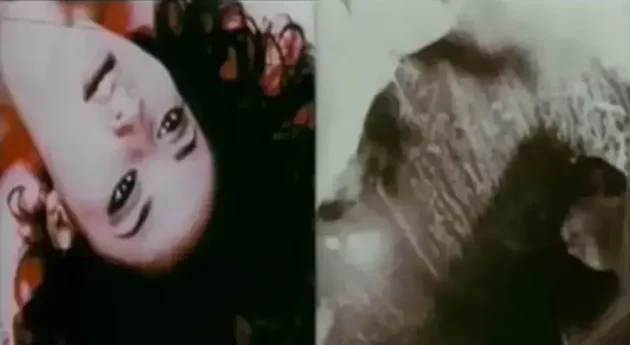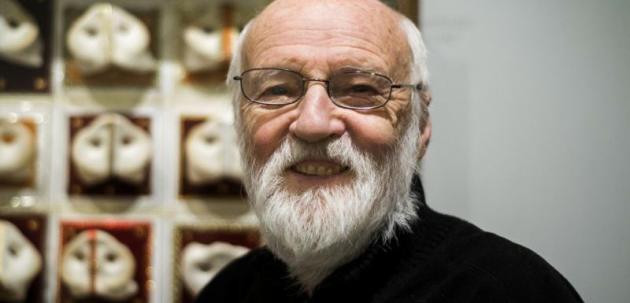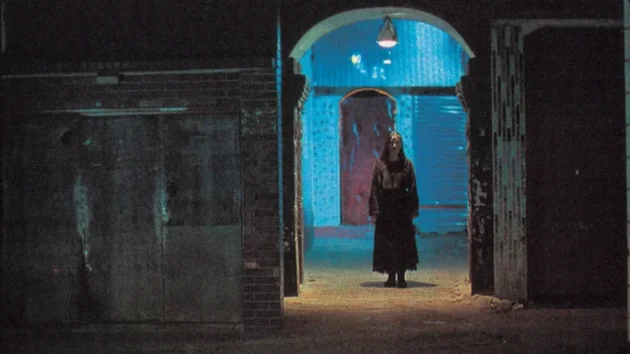Last Life in the Universe
(Thailand/Japan, 2003, Pen-ek Ratanaruang, 112 min.)
Lost Souls, Cosmic Connections: Why 'Last Life in the Universe' (2003) is a Meditative Masterpiece of Modern Asian Cinema!
In the early 2000s, as global cinema increasingly looked towards Asia for fresh artistic voices, Thai filmmakers began to captivate audiences with their unique blend of visual poetry, existential introspection, and often melancholic beauty. It was an era that saw directors pushing boundaries, exploring human loneliness and the serendipitous nature of connection with a distinct, unhurried pace. Amongst these emerging talents, Pen-ek Ratanaruang carved out an incredibly unique niche, crafting films that were both deeply philosophical and strikingly stylish. His 2003 film, Last Life in the Universe, stands as a mesmerizing testament to this movement, a cult classic that transcends cultural and linguistic barriers to deliver a profound meditation on isolation, grief, and the unexpected intimacies that blossom in life's most chaotic moments. It's a film that asks us to slow down, to observe the quiet rhythms of existence, and to find beauty in the fragmented lives of two deeply lost souls.
The film introduces us to Kenji (Tadanobu Asano), a meticulously organized Japanese librarian living in Bangkok, whose fastidious, obsessive-compulsive routines mask a profound sense of isolation and a quiet, persistent death wish. His carefully curated world of books and perfectly aligned objects is violently upended by a series of bizarre, darkly comic events involving his yakuza brother. On the run and utterly adrift, Kenji's path unexpectedly collides with Noi (Sinitta Boonyasak), a free-spirited, chain-smoking Thai bar girl whose life is as chaotic and messy as Kenji's is ordered. After a tragic accident forces them together in Noi's dilapidated, yet vibrant, beachfront home, these two profoundly damaged individuals, speaking different languages, begin a hesitant, tender cohabitation. What unfolds is a quiet, often surreal, exploration of how two seemingly disparate souls find solace, understanding, and a fleeting connection in the vast, indifferent universe.
Pen-ek Ratanaruang's direction is a masterclass in atmospheric filmmaking, utilizing exquisite cinematography to create a dreamlike, almost ethereal quality that perfectly matches the characters' internal states. The film is a visual poem thanks to Christopher Doyle, filled with long takes, lingering shots, and a deliberate pace that allows the audience to truly immerse themselves in the characters' subtle emotions and unspoken yearnings. The humor, often dark and observational, arises naturally from the juxtaposition of Kenji's neuroses with Noi's untamed spirit, and from the language barrier that forces them to communicate through gestures and shared silences. The performances are equally captivating; Tadanobu Asano delivers a nuanced, internal portrayal of Kenji's quiet despair and meticulous habits, while Sinitta Boonyasak brings a raw vulnerability and an alluring defiance to Noi, making their unlikely chemistry utterly compelling.
Last Life in the Universe garnered significant critical acclaim, particularly for its unique visual style, its poignant emotional depth, and its outstanding lead performances. It premiered at the 60th Venice International Film Festival, where it was recognized for its artistic merit. The film is notable for its blend of Japanese and Thai dialogue, reflecting the cultural backgrounds of its protagonists. The serene and melancholic soundtrack by Hishiro Iwai (brother of director Shunji Iwai) further enhances its dreamlike atmosphere. It stands as a powerful testament to Pen-ek Ratanaruang's distinctive directorial voice and a truly memorable entry in modern Asian cinema, a profound, beautiful, and sometimes darkly humorous exploration of two lonely hearts finding a brief, precious moment of solace in the grand, indifferent cosmos.
Director: Pen-ek Ratanaruang.
Cast: Tadanobu Asano as Kenji, Sinitta Boonyasak as Noi, Laila Boonyasak as Nid (Noi's sister), and Yutaka Matsushige as Kenji's Brother.
Special Info/Trivia: The film was a Thai-Japanese co-production. It premiered at the 60th Venice International Film Festival. The story was conceived by Pen-ek Ratanaruang and Prapas Cholsaranon, with the screenplay by Ratanaruang. Tadanobu Asano learned his Japanese lines phonetically as he usually does. The soundtrack was composed by Hishiro Iwai. The film's meditative pace and focus on character interaction over dramatic plot points are hallmarks of Ratanaruang's style.



